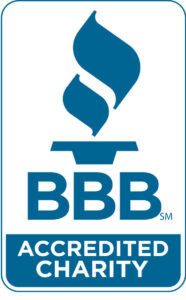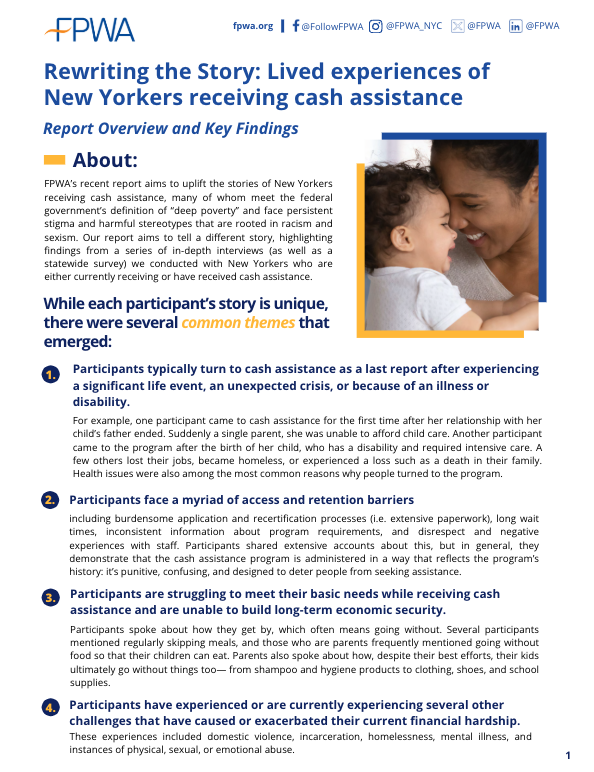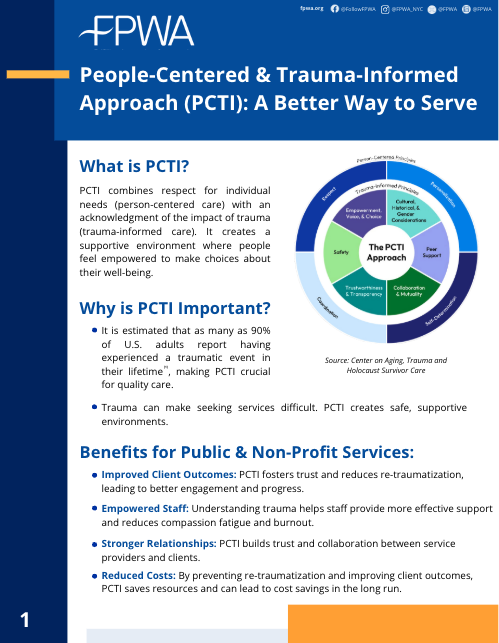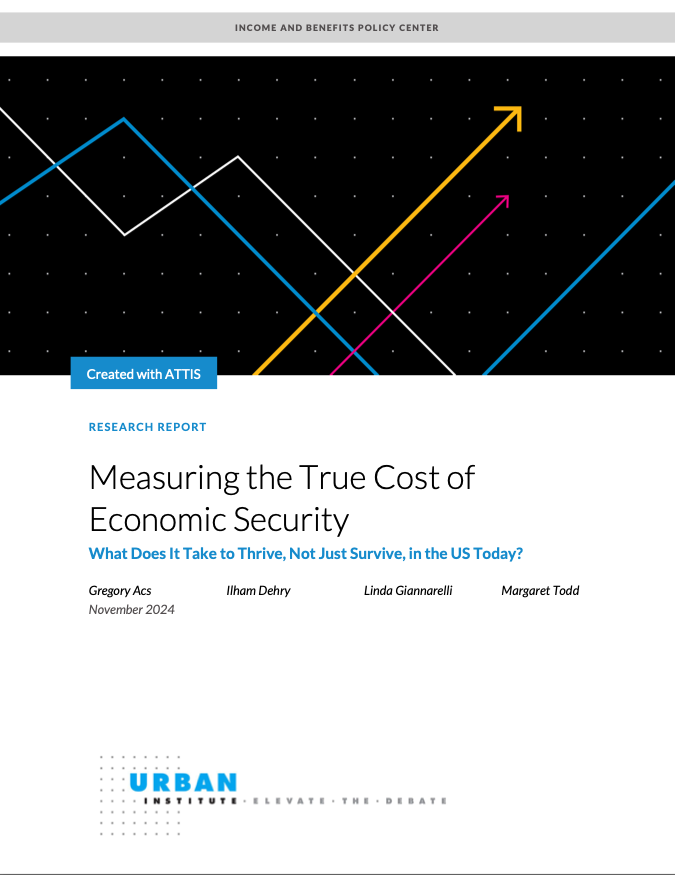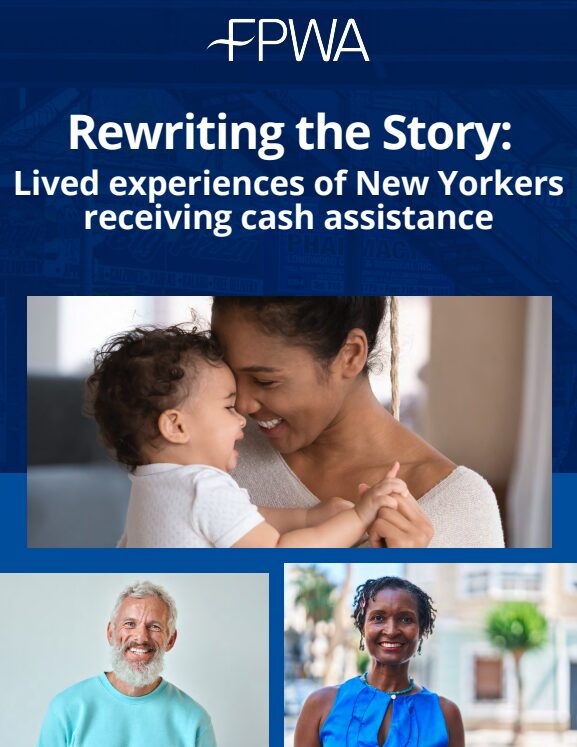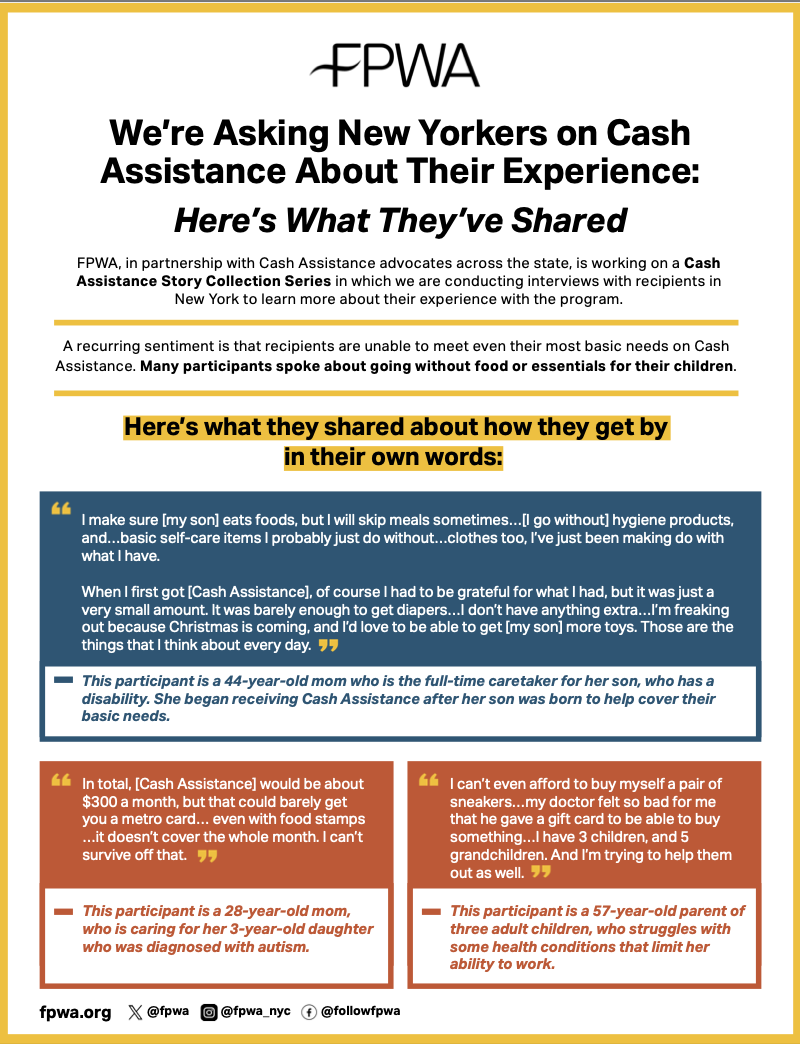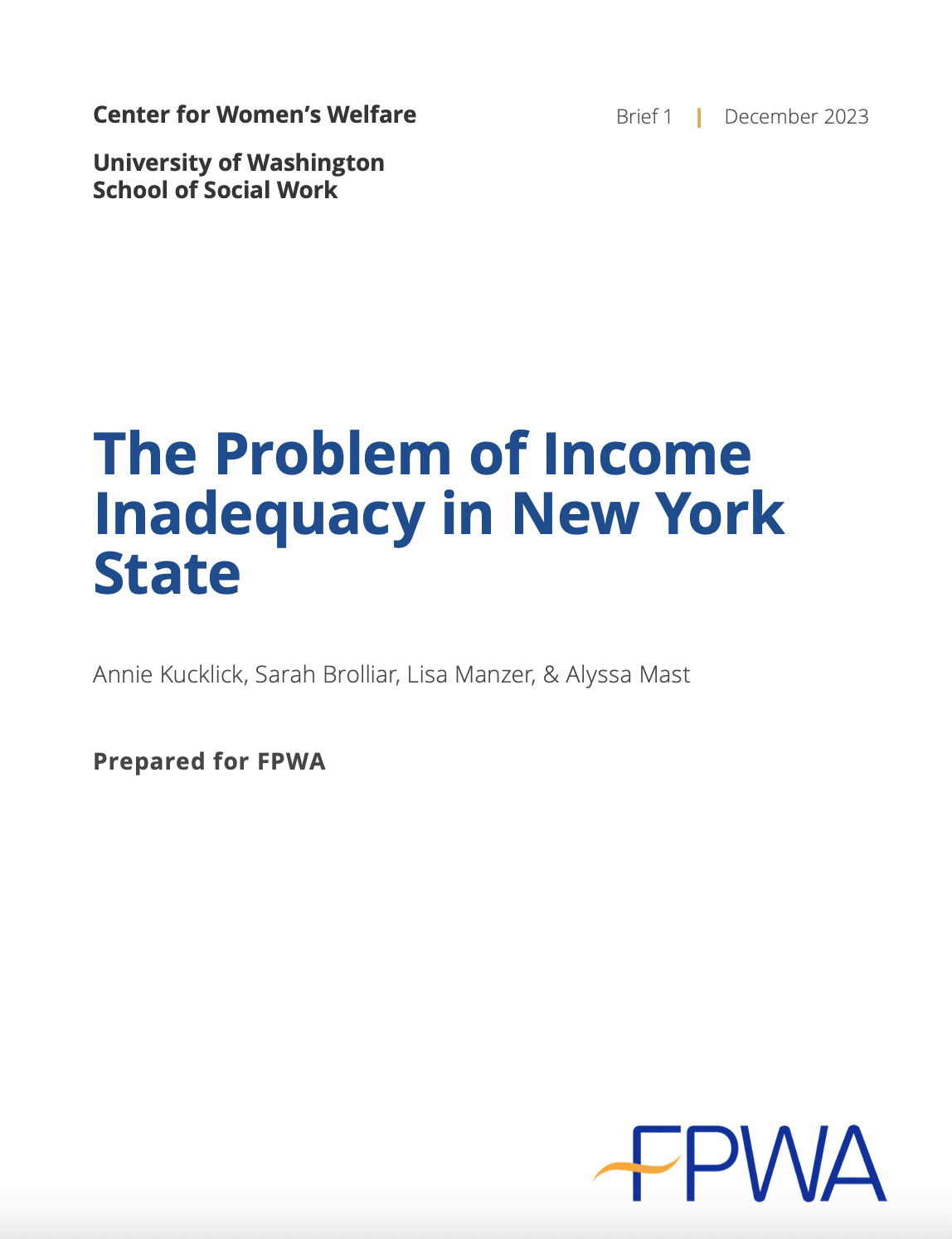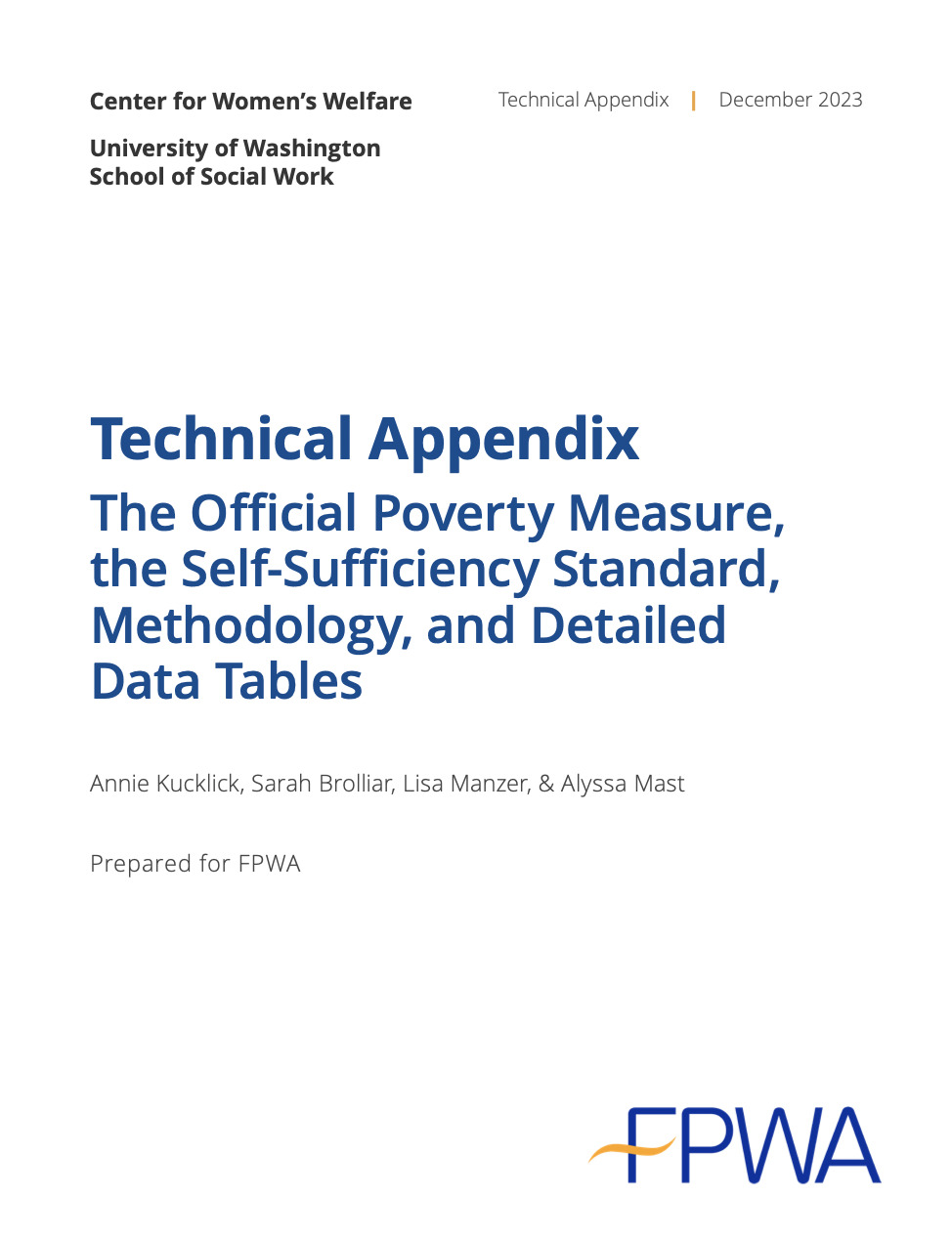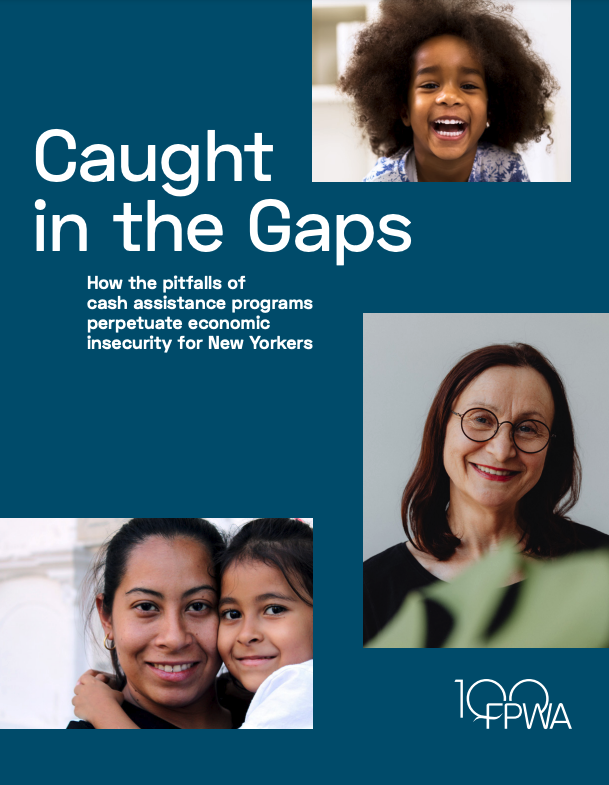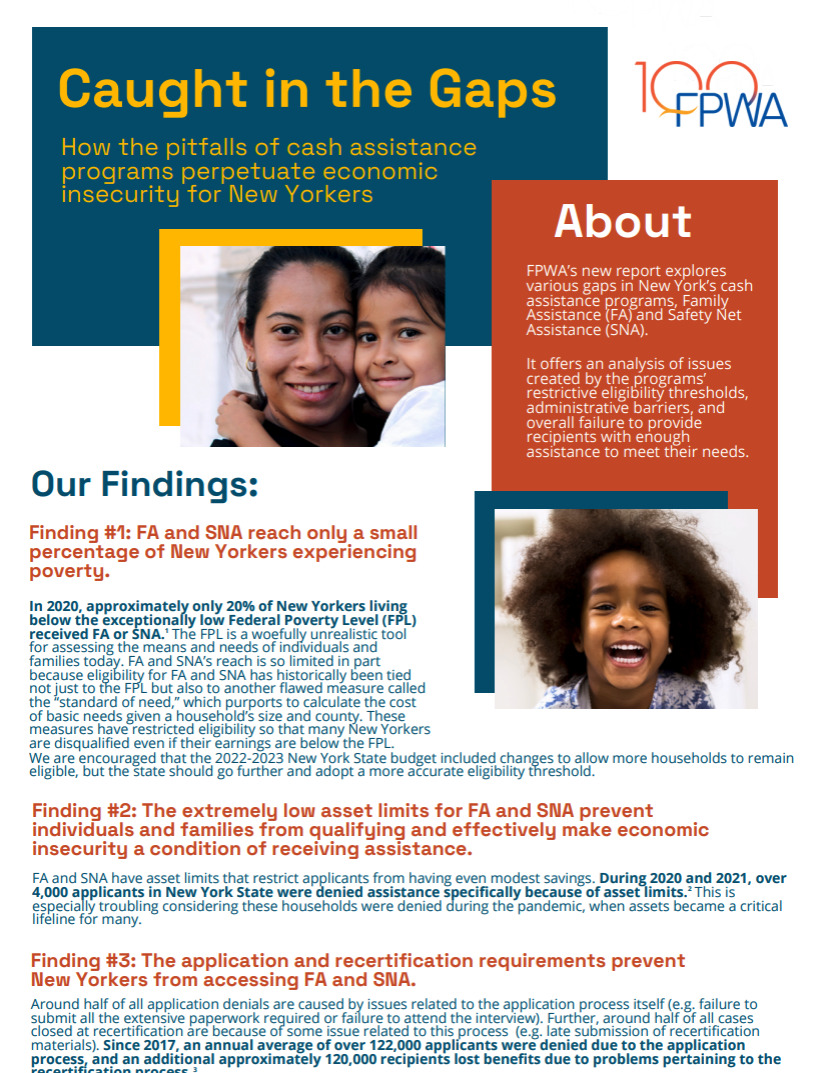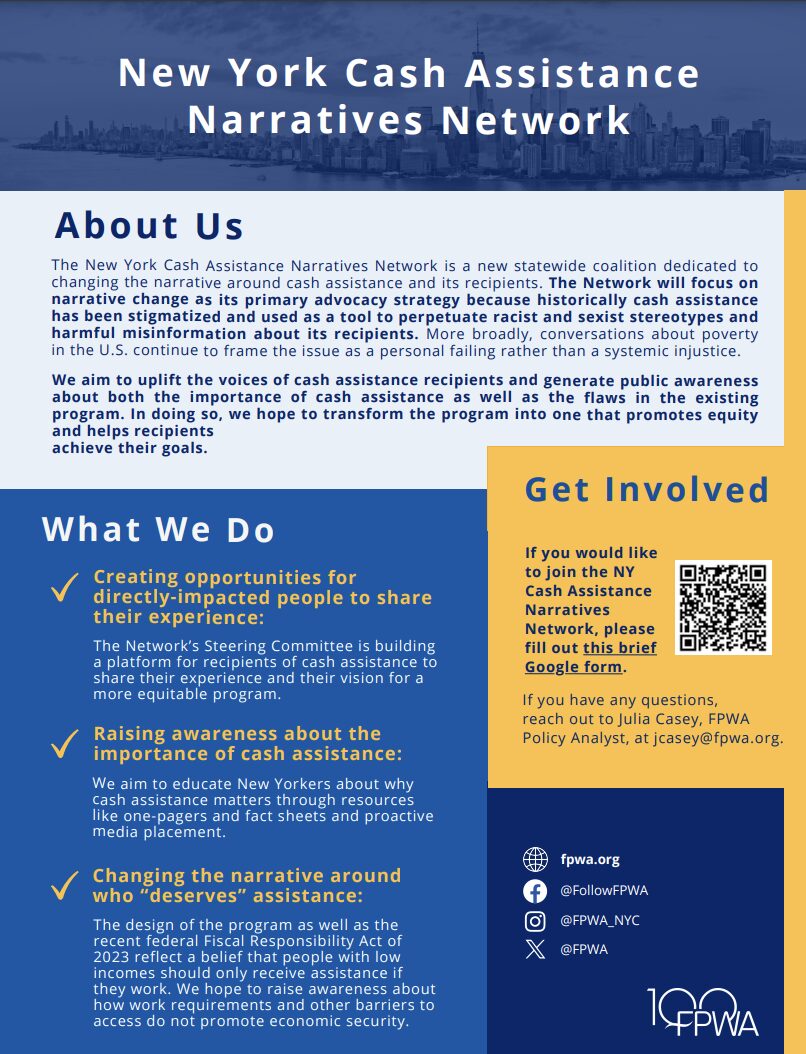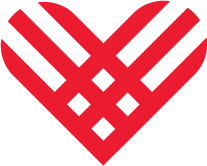Stay alert to Grant Scams & Fraud
Have you or someone you know been contacted by someone posing to be an “FPWA Agent” or staff person requesting money to release a grant?
Fulfilling the
Promise of
Opportunity
Stay in Touch
Join our network and learn about FPWA events and news.
© 2025 Federation of Protestant Welfare Agencies.
All rights reserved.
All rights reserved.
LEARN MORE
ABOUT FPWA
GET INVOLVED
